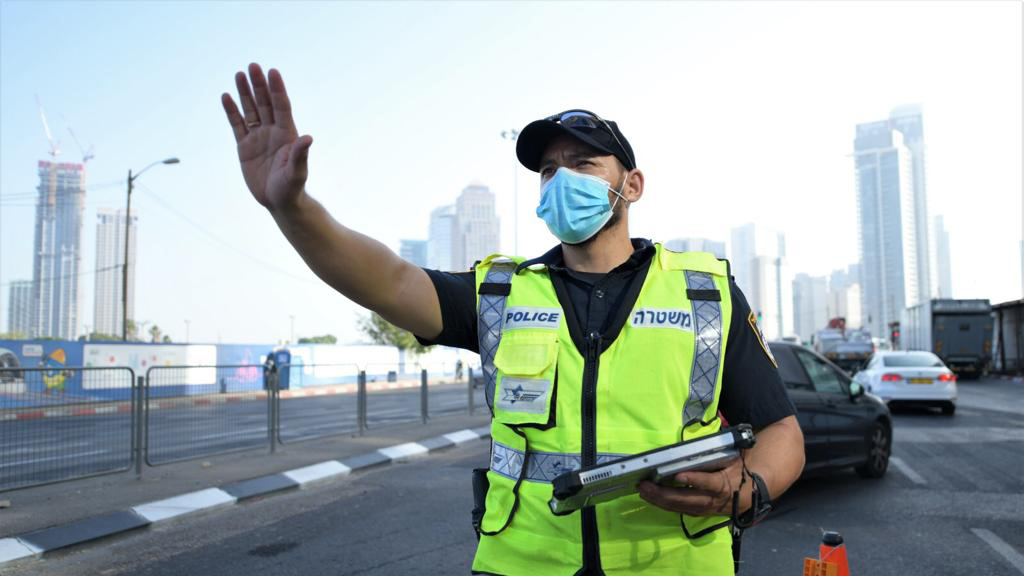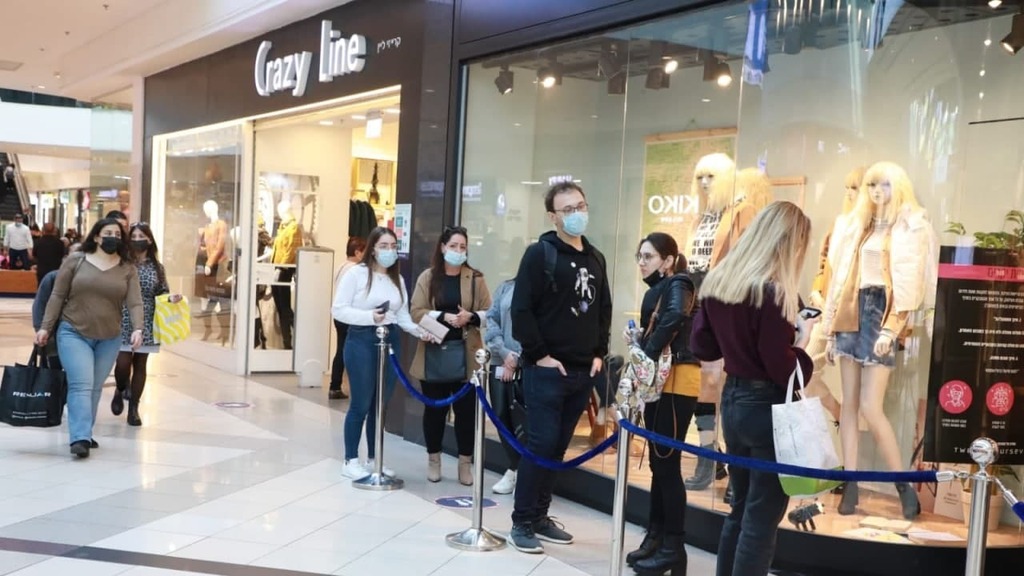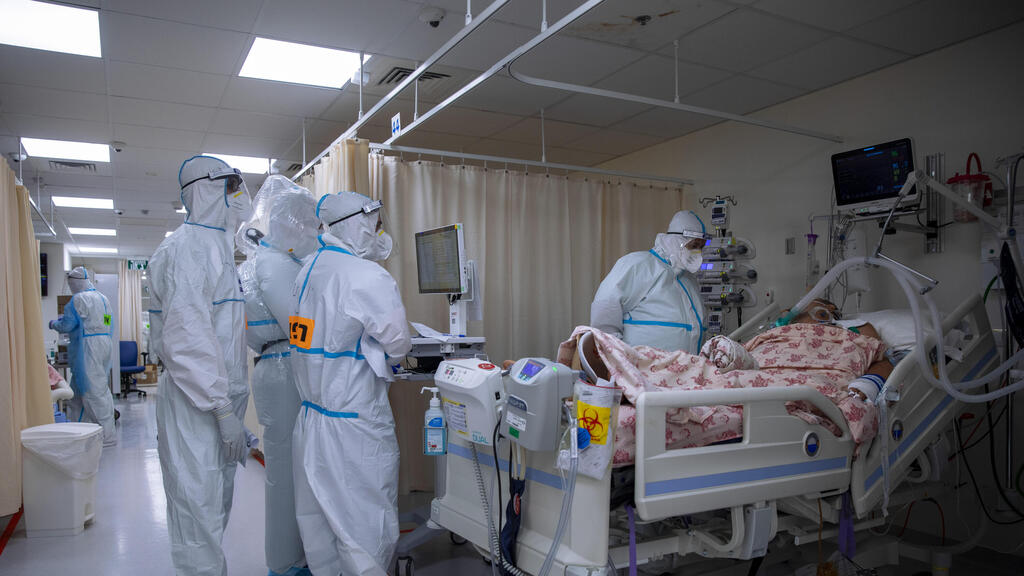Getting your Trinity Audio player ready...
The coronavirus cabinet will meet Sunday to discuss new measures to fight the spread of the virus.
The ministers will convene for the first time in two weeks and will consider enforced quarantine for people arriving from red countries, after authorities determined many were not adhering to directives to self-isolate.
The Health Ministry on Sunday said that 986 new cases of coronavirus were confirmed on Saturday out of 25,808 tests conducted, indicating a 3.9% positivity rate. Since the start of the Pandemic, 2,909 people have died from complications caused by the virus.
Out of 548 people hospitalized for treatment of COVID-19, 329 are in serious condition with 85 of them on ventilators.
Much of the case rise in the Arab sector has been attributed to families returning from Turkey which has become a favored destination for many.
Among matters to be considered by the cabinet will be an announced lockdown that will be scheduled in advance, if daily cases are found to be nearing the 5,000 per day mark, in six weeks time, in order to allow businesses to prepare as well as motivate the population and local authorities, to take steps to avoid contagion.
3 View gallery


Police in Tel Aviv enforce the lockdown imposed in September
(Photo: Police Spokesperson )
A proposal to impose the lockdown during the Hanukkah holiday which begins this week, was rejected by Health Authorities though a night-time curfew may be agreed to. Citizens will be urged to celebrate the holiday with close family only.
The ministers may also decide to extend local closures to communities with growing case counts.
Prime Minister Benjamin Netanyahu met with Health Ministry officials and other experts on Thursday to prepare for the corona cabinet meeting but did not invite representatives of his coalition partners from the Blue & White party.
Relations within the coalition remain strained after a vote last Wednesday to dissolve the Knesset, passed its preliminary hearing with the support of Blue & White.
Defense Minister and head of Blue and White Benny Gantz held separate meetings to prepare for Sunday's discussions.
Another matter to be debated by ministers will be the pilot program for shopping malls that was implemented last month when 15 malls were allowed to reopen with quick testing sites opened to ensure no one infected by the virus is allowed to enter.
The program caused anger among those malls that were not included in the pilot.
3 View gallery


Shoppers line up to enter a shop at the Ramat Gan mall participating in the pilot program for safe re-opening of shopping centers
(Photo: Dana Kopel)
The Health Ministry rejected proposals to allow all 240 Israeli malls to re-open and said that if there is no resolution that would satisfy business owners, it would opt to close the 15 shopping centers participating in the program down despite the apparent success of the pilot.
The growing morbidity in the Arab sector is also of great concern and ministers will be asked to approve more enforcement measures to be applied.
Ayam Saif, who coordinates the coronavirus response in the Arab communities said on Thursday that there must be a greater effort to educate the community to the dangers of the virus.
"We see people who have been confirmed with the virus walking around," he told Ynet in an interview, "many people returning from abroad do not quarantine and the free passage between the Palestinian Authority and the Arab communities also contributes to the growing case load.
First published: 07:40, 12.06.20


